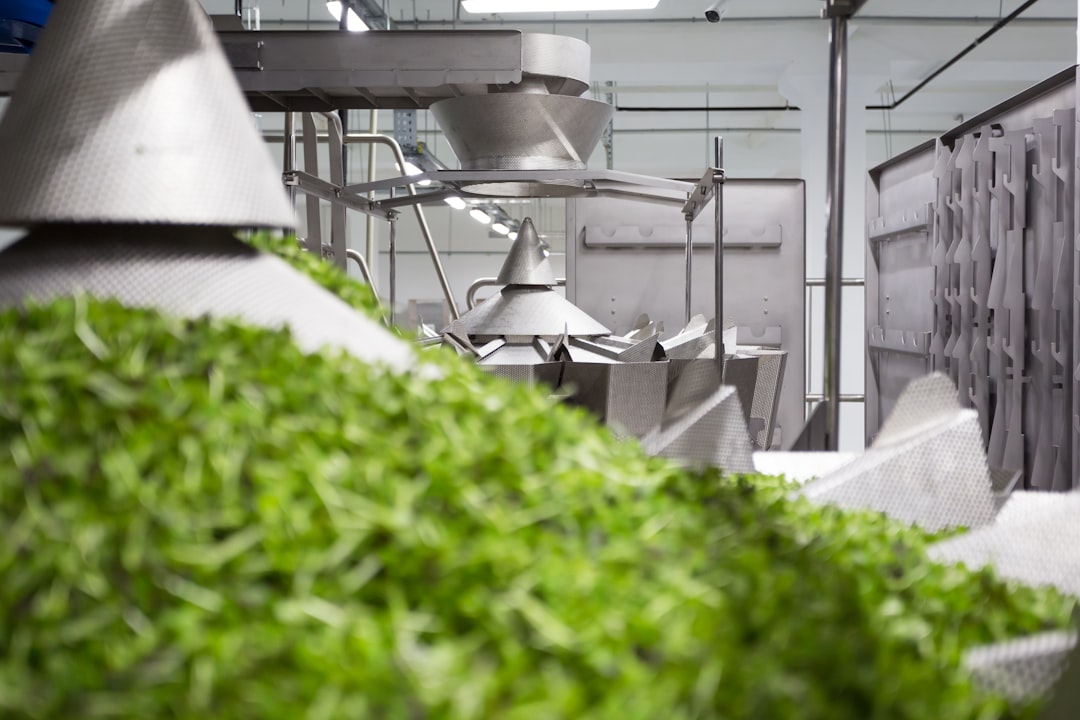Cloud computing has revolutionized the way businesses operate in today’s fast-paced world, and the manufacturing industry is no exception. With the rise of Industry 4.0, manufacturers are increasingly turning to cloud computing to streamline their operations, improve efficiency, and stay competitive in a rapidly changing market. In this blog post, we will explore the role of cloud computing in modern manufacturing and how it is shaping the future of the industry.
Cloud computing, in simple terms, refers to the delivery of computing services over the internet, allowing businesses to access data, applications, and services from anywhere at any time. This technology has transformed the way manufacturers store, manage, and analyze their data, enabling them to make more informed decisions and optimize their processes for enhanced productivity and profitability.
One of the key benefits of cloud computing for manufacturers is its ability to centralize data storage and accessibility. Instead of relying on local servers and storage systems, manufacturers can store their data in the cloud, making it easily accessible to employees across different locations and enabling real-time collaboration and communication. This centralized approach to data storage also helps manufacturers reduce the risk of data loss and security breaches, as cloud service providers typically offer advanced security measures to protect sensitive information.
Another important aspect of cloud computing in modern manufacturing is its role in enabling predictive maintenance. By leveraging the power of the cloud, manufacturers can collect, store, and analyze vast amounts of data from their production equipment in real-time, allowing them to predict when a machine is likely to fail and schedule maintenance proactively to avoid costly downtime. This predictive maintenance approach not only helps manufacturers save time and money but also ensures that their production processes run smoothly and efficiently.
Cloud computing also plays a crucial role in enabling manufacturers to adopt smart manufacturing technologies, such as the Internet of Things (IoT) and artificial intelligence (AI). By connecting their machines, sensors, and devices to the cloud, manufacturers can gather valuable insights into their production processes, identify potential bottlenecks and inefficiencies, and optimize their operations for maximum productivity. IoT-enabled devices can communicate with each other and with cloud-based applications, allowing manufacturers to monitor and control their equipment remotely and in real-time.
In addition to predictive maintenance and smart manufacturing, cloud computing offers manufacturers a range of other benefits, including cost savings, scalability, and flexibility. By moving their operations to the cloud, manufacturers can reduce their infrastructure costs, eliminate the need for expensive hardware and software upgrades, and scale their resources up or down as needed to meet changing market demands. Cloud computing also allows manufacturers to access a wide range of software applications and services on a pay-as-you-go basis, reducing their upfront costs and making it easier to experiment with new technologies and solutions.
While the benefits of cloud computing for modern manufacturing are clear, there are also some challenges and considerations that manufacturers need to keep in mind when adopting this technology. One of the key challenges is data security and privacy, as manufacturers are often dealing with sensitive information such as product designs, customer data, and intellectual property. It is essential for manufacturers to work with reputable cloud service providers that offer robust security measures, such as encryption, access controls, and regular security audits, to protect their data from unauthorized access and cyber threats.
Another challenge is the potential for downtime and service disruptions, as manufacturers rely heavily on the availability of their cloud-based applications and services to keep their operations running smoothly. To mitigate this risk, manufacturers should choose cloud service providers with a strong track record of reliability and uptime, as well as develop contingency plans and backup strategies to ensure business continuity in the event of a service outage.
Despite these challenges, the role of cloud computing in modern manufacturing is only expected to grow in the coming years as more manufacturers embrace digital transformation and Industry 4.0 technologies. By leveraging the power of the cloud, manufacturers can unlock new opportunities for innovation, collaboration, and growth, enabling them to stay ahead of the competition and thrive in an increasingly digital and interconnected world.
In conclusion, cloud computing is playing a vital role in modern manufacturing, enabling manufacturers to centralize data storage, adopt predictive maintenance and smart manufacturing technologies, and achieve cost savings, scalability, and flexibility. While there are challenges and considerations to address, the benefits of cloud computing far outweigh the risks, making it an essential tool for manufacturers looking to succeed in today’s fast-paced and competitive market. As the manufacturing industry continues to evolve and embrace digital technologies, cloud computing will undoubtedly play a key role in shaping its future and driving innovation and growth for years to come.

